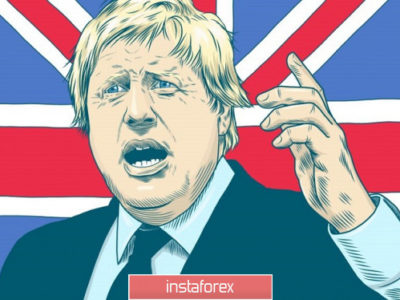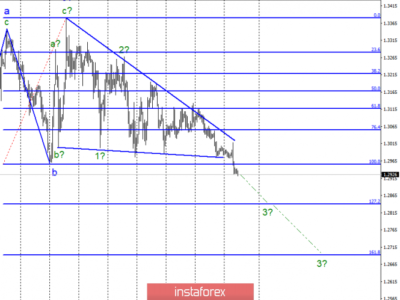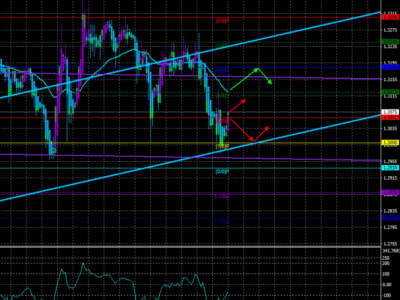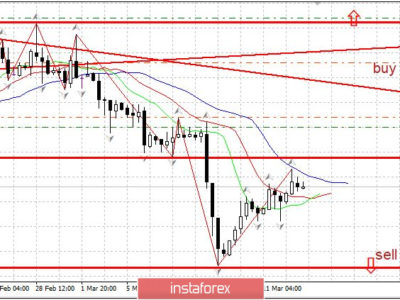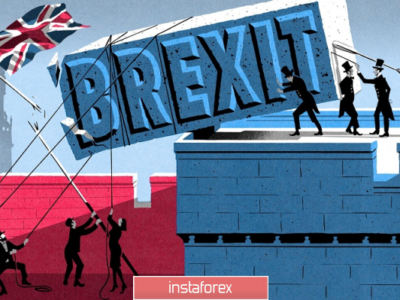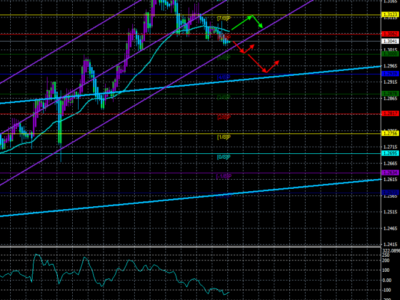How Brexit Might Not Actually Happen
Britain’s decision to leave the European Union on June 23 shocked the global financial markets, triggered widespread fears about the future of pan-European integration. However, developments since that fateful night have led many observers to conclude that Brexit might not actually happen.
Back in October, British Prime Minister Theresa May outlined her schedule for a “hard Brexit.” Under this timeline, Britain would formally notify Brussels of its intent to leave the EU by the end of March.
“Let me be clear. We are not leaving the European Union only to give up control of immigration again. And we are not leaving only to return to the jurisdiction of the European court of justice,” May said in speech on October 2.[1]
Her comments triggered another collapse of the British pound, which fell to a 168-year low against a basket of currencies.[2]
One month later, Britain’s High Court threw a wrench in May’s plan by ruling that Brexit cannot actually happen without parliamentary assent. That means May’s administration won’t be able to trigger Article 50 of the Lisbon Treaty without parliament’s approval. While the prime minister has vowed to appeal the decision, many experts believe she won’t get very far.
At the very least, the High Court ruling suggests Brexit may be delayed several years as MPs weigh the pros and cons of leaving the single market. The longer MPs spend fighting over Brexit, the weaker Britain’s negotiating hand will be should May finally be allowed to trigger on Article 50.[3]
Even if May is successful in triggering Article 50, analysts argue it may be revoked at any time depending on the outcome of the trade negotiations. A bad trade deal that costs the United Kingdom jobs and economic growth would be highly scrutinized by MPs, which could lead to a second referendum on whether Britain should accept the proposed deal. Given how close the June 23 plebiscite was, a second referendum would likely come down to the wire.[4]
There are several other reasons why Brexit might not actually happen. For starters, the Brexiters have already vanished. Nigel Farage, who headed the Leave camp, has exited the political arena. Other key Brexiters, such as Michael Gove and Boris Johnson, are no longer performing the same role as when the referendum campaign started.
Guy Verhofstadt could be another stumbling bloc in the Brexit process. Belgium’s former prime minister has been tasked with the role of chief Brexit negotiator for Brussels. A renowned Europhile, Verhofstadt is unlikely to roll over to Britain’s demands.[5] A bad trade deal is unlikely to go over well at home, which could embolden Britain’s Europhiles to push for another referendum.
The outcome of May’s High Court appeal will be closely followed by investors, political analysts and the public at large. If the Brexit question goes to Parliament, we may be looking at many more years before the divorce actually happens. The interim period could get rocky.
A prolonged Brexit debate may likely weigh on the financial markets, and might impact the UK’s economy. These forces could lessen the appeal of Brexit among the general populace, which was attracted to the Leave camp’s vision of a more independent, nationalist UK.
The Bank of England (BOE) has already prepared for the worst by easing monetary policy for the first time since the global financial crisis. This included cutting interest rates to a new record low and increasing the size of the Bank’s quantitative easing program. (6) The BOE has indicated its willingness to ease monetary policy further should Brexit headwinds prove stronger than previously envisioned. So far, the British economy has performed better than expected, but that could soon change as uncertainty leads to weaker consumer and business confidence.
[1] Peter Walker (October 2, 2016). “Brexit: Theresa May prioritises immigration curbs over single market.” The Guardian.
[2] Mehreen Khan (October 12, 2016). “Pound slumps to 168-year low.” Financial Times.
[3] Patrick Christys (November 3, 2016). “Brexit might never happen as Article 50 can be reversed at any time, experts warn.” The Express.
[4] Patrick Christys (November 3, 2016). “Brexit might never happen as Article 50 can be reversed at any time, experts warn.” The Express.
[5] Tradefair (September 15, 2016). “EU Referendum; Five reasons why Brexit might never happen.”
- http://blogs.ft.com/westminster/liveblogs/2016-08-04/
The post How Brexit Might Not Actually Happen appeared first on Forex.Info.
Source:: How Brexit Might Not Actually Happen

